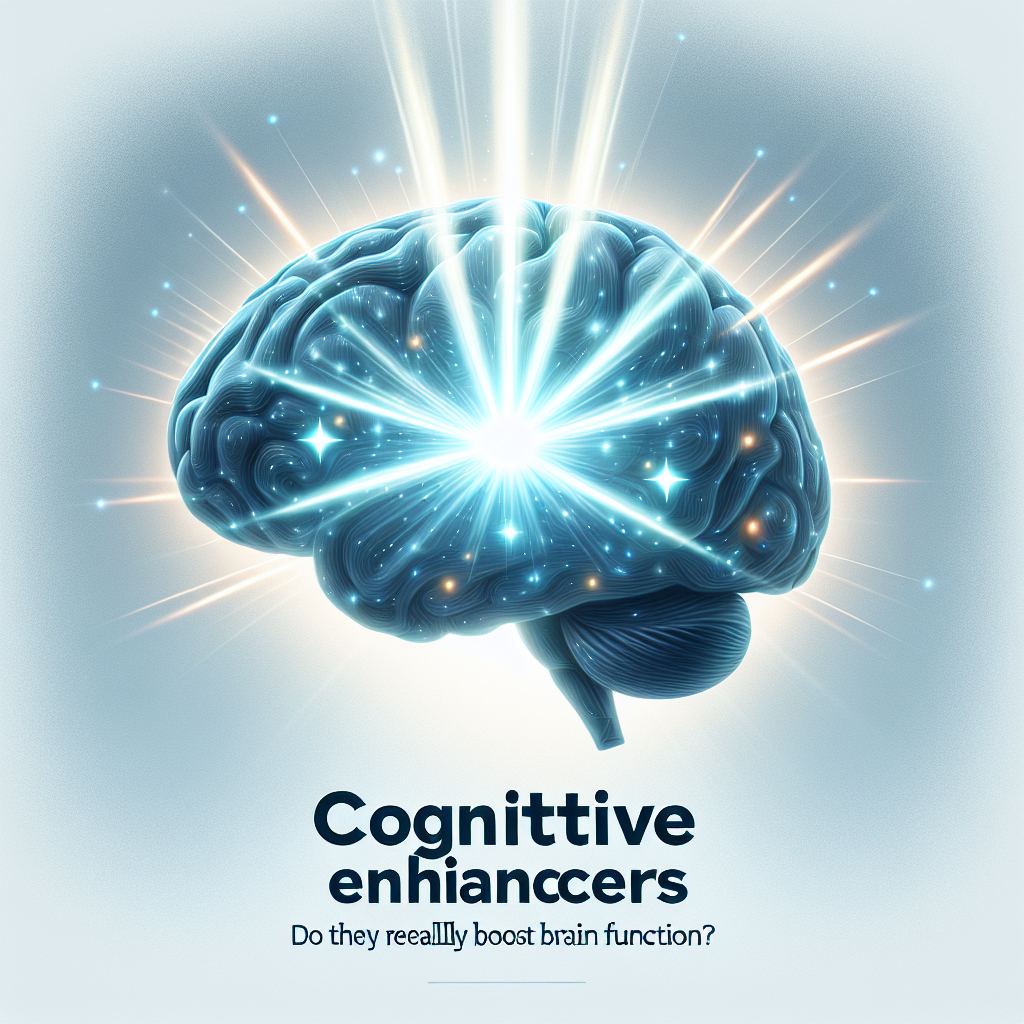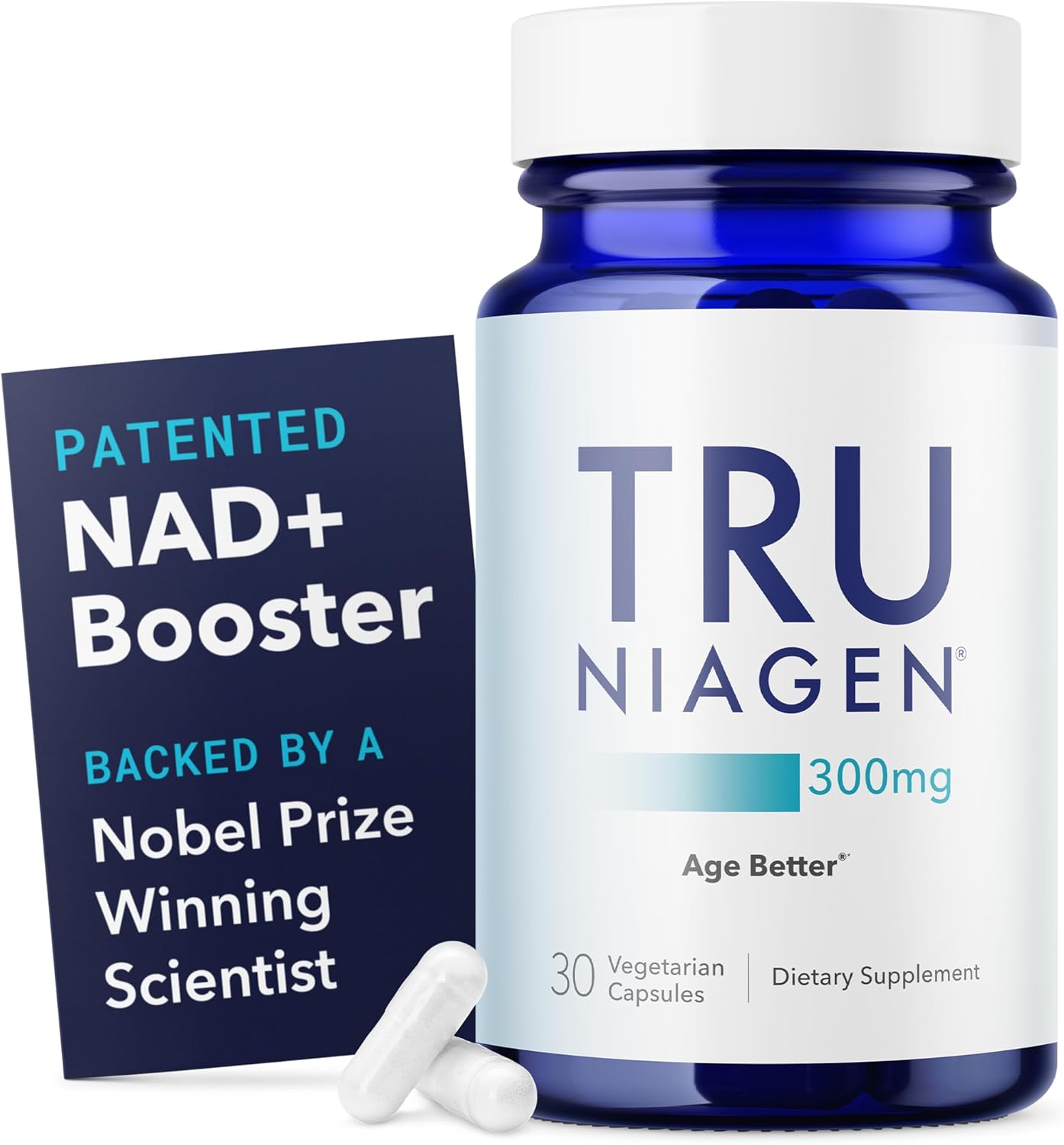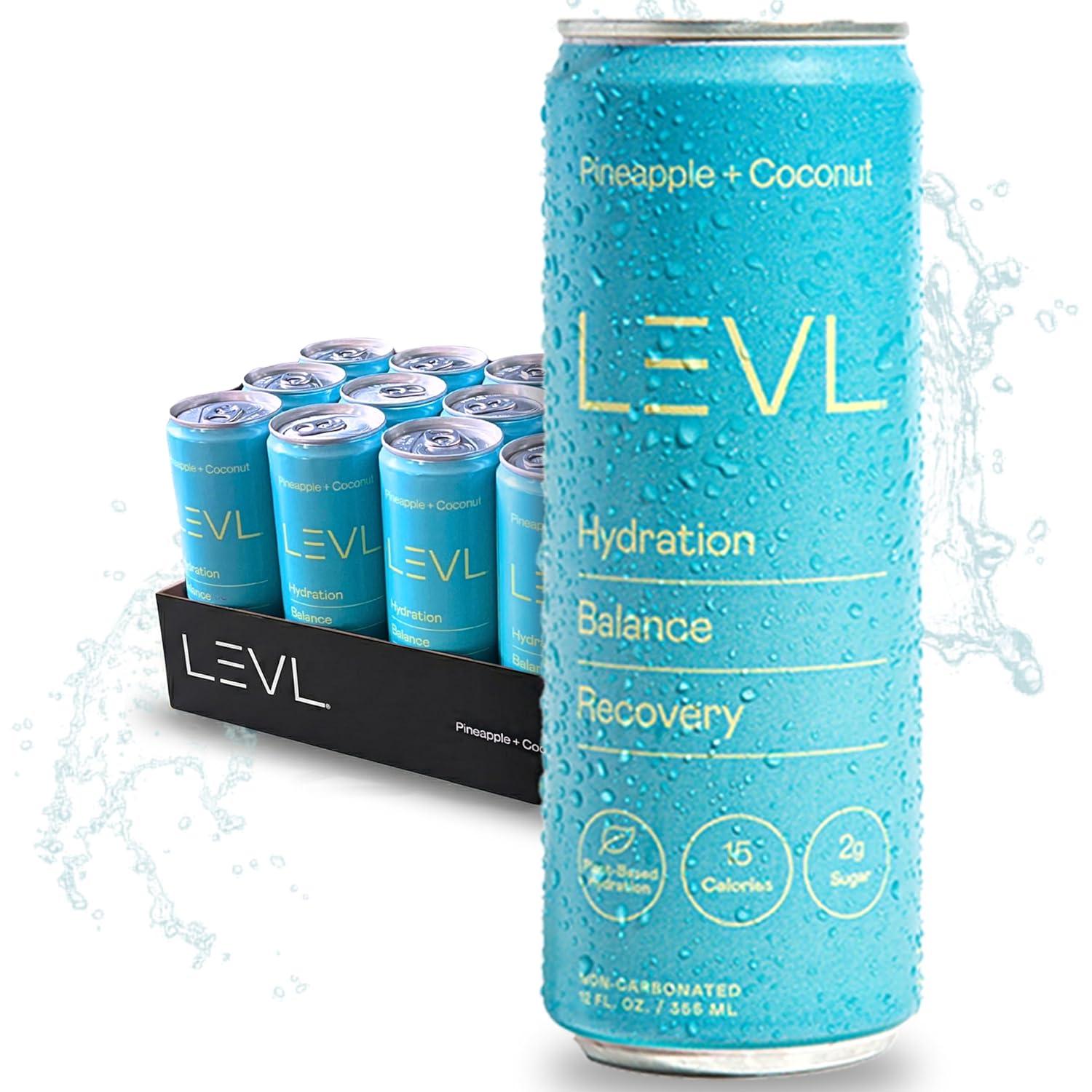In today’s world, where hustle and bustle dominate our daily lives, the quest for cognitive enhancers—substances that claim to improve brain function—has surged. From busy professionals to students preparing for exams, many are curious if these enhancers can genuinely boost cognition. This article delves into what cognitive enhancers are, types of these substances, their benefits, potential risks, and whether or not they live up to the hype.
What Are Cognitive Enhancers?
Cognitive enhancers, often called nootropics, refer to a variety of substances that purportedly improve various aspects of cognitive function. These may encompass memory, creativity, motivation, and attention. While some cognitive enhancers are available over-the-counter, others require a prescription.
Types of Cognitive Enhancers
- Stimulants: Often prescribed for attention disorders, stimulants like amphetamines (Adderall) and methylphenidate (Ritalin) can increase alertness and focus.
- Natural Supplements: Substances such as ginkgo biloba and fish oil are believed to enhance brain function without the side effects associated with pharmaceuticals.
- Caffeine: A commonly consumed substance, caffeine can temporarily improve focus and energy levels.
- Noopept and Piracetam: These synthetic nootropics are designed to enhance cognitive function in healthy individuals.
How Do Cognitive Enhancers Work?
The mechanisms behind cognitive enhancers can vary quite significantly based on the substance. Some stimulants increase the levels of neurotransmitters like dopamine and norepinephrine, thereby improving mood and concentration. Natural supplements may enhance blood flow to the brain or increase the production of neurotrophic factors that support neuron growth.
Benefits of Cognitive Enhancers
Many users claim various benefits from using cognitive enhancers, some of which include:
- Improved Attention: Many users report heightened focus and concentration, making it easier to complete tasks.
- Enhanced Memory: Some cognitive enhancers may improve recall and retention of information.
- Increased Motivation: Users often feel more driven and less fatigued when using cognitive enhancers.
- Greater Creativity: Some substances may promote new ideas and improve problem-solving skills.
Potential Risks and Side Effects
While cognitive enhancers can provide benefits, it’s essential to consider the potential risks and side effects. Here are some commonly reported issues:
- Insomnia: Stimulants may cause sleep disturbances if taken too late in the day.
- Dependence: Many prescription cognitive enhancers can lead to dependence and withdrawal symptoms.
- Side Effects: Common side effects include anxiety, increased heart rate, and digestive issues.
- Interactions: Cognitive enhancers can interact with other medications, potentially leading to serious health concerns.
Do They Really Boost Brain Function?
The efficacy of cognitive enhancers is a widely debated topic. Some studies suggest that certain substances can enhance cognitive function in specific populations, such as individuals with attention deficit hyperactivity disorder (ADHD). However, for healthy individuals, the evidence is mixed. While some may experience subjective improvements in focus and memory, these substances may not necessarily lead to measurable changes in cognitive abilities.
Additionally, individuals’ responses to cognitive enhancers can vary significantly based on factors such as genetics, lifestyle, and the presence of any underlying health conditions. Thus, what works for one person may not work for another.
Moderation and Mindfulness
As you consider diving into the world of cognitive enhancers, it may be wise to adopt a mindful and moderated approach. Here are some tips:
- Consult a healthcare professional before starting any new supplement or medication.
- Pay attention to how your body and mind respond to any cognitive enhancer.
- Consider healthy lifestyle choices like regular exercise, a balanced diet, and sufficient sleep, as these can significantly impact cognitive performance.
Conclusion
Cognitive enhancers offer a fascinating glimpse into the potential for improving brain function. While there are both benefits and risks associated with their use, the key lies in understanding that no pill or supplement can substitute for a healthy lifestyle. If you’re considering cognitive enhancers, approach them wisely and informed, and remember that the most effective enhancement often comes from nurturing your body and mind through balanced living.
FAQs
1. Are cognitive enhancers safe for everyone?
No, cognitive enhancers can have varying effects depending on individual health conditions and may not be safe for everyone. It’s essential to consult a healthcare provider before using them.
2. Can I buy cognitive enhancers over the counter?
Some cognitive enhancers, particularly natural supplements, can be bought over the counter. However, others require a prescription and should be used under the supervision of a healthcare provider.
3. How long does it take for cognitive enhancers to work?
The effects of cognitive enhancers can vary widely. Some may have immediate effects, while others might take weeks of consistent use to notice benefits.
4. Can lifestyle changes enhance cognitive function more effectively than cognitive enhancers?
Yes, lifestyle changes like regular exercise, adequate sleep, and a nutritious diet can significantly enhance cognitive function and may be more effective in the long term than relying solely on cognitive enhancers.





